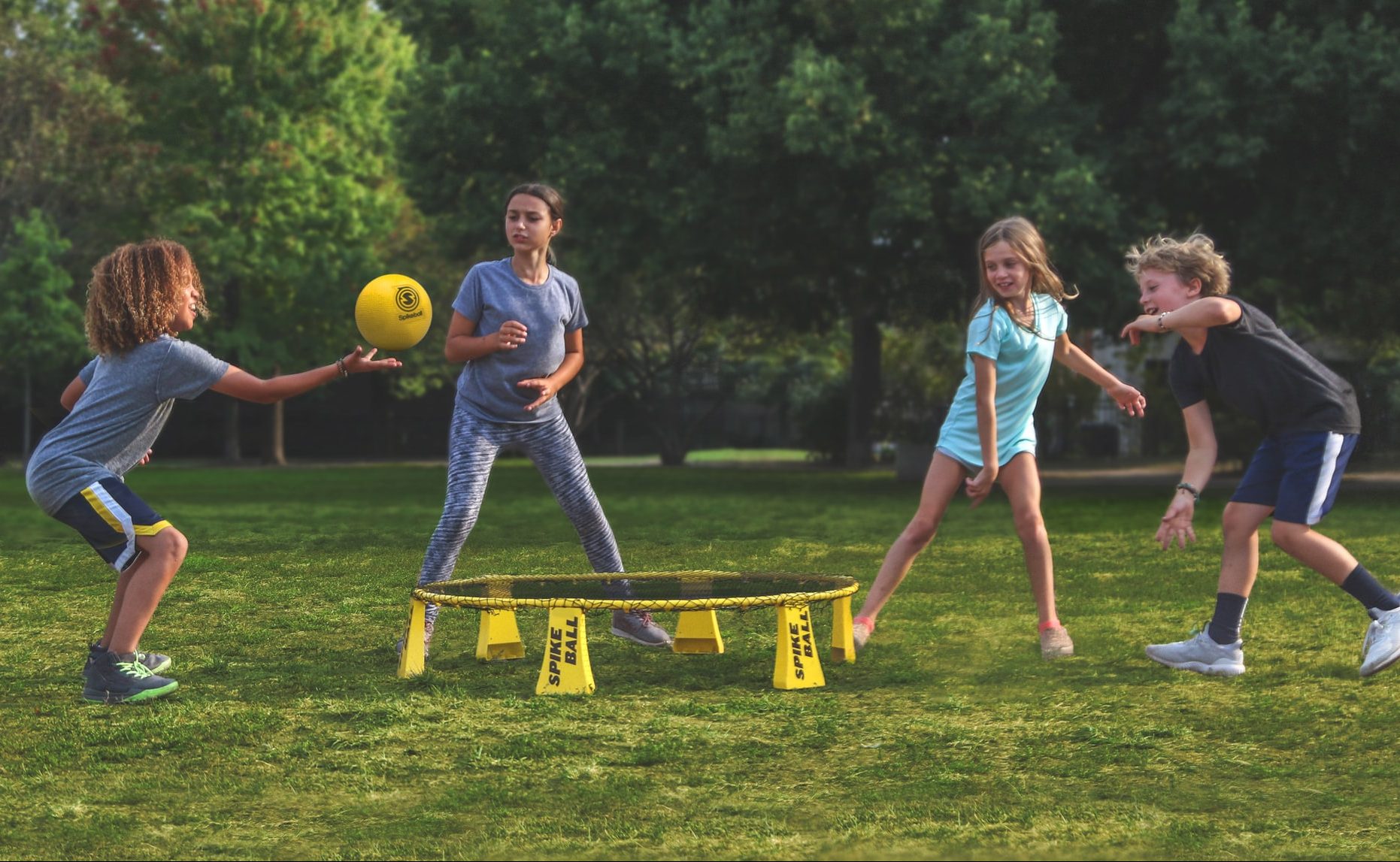
Social-emotional learning (SEL) is the process children go through in learning about who they are and how to navigate their environment including managing their emotions, relationships, and interactions. These skills are important to a child’s development and mental health, becoming their guide for building self-confidence and positive relationships with others. Big Brothers Big Sisters of Tampa Bay is dedicated to providing our community with tools and resources to enhance youth development.
There are five core competencies of social-emotional learning that include:
Self-Awareness – understanding your emotions and thoughts and how they influence your behavior.
Skills include identifying emotions, self-perception, recognizing strengths, self-confidence, and self-efficacy.
*Self-efficacy is the belief in your ability to succeed in specific situations or the accomplishment of a task.
Self-Management – the ability to regulate your emotions and behaviors in different situations and to set and work toward goals.
Skills include executive function and self-regulation, stress management, and self-discipline.
*Executive function and self-regulation are the mental processes that enable us to plan, focus attention, remember instructions, and juggle multiple tasks successfully. Our brains need this skill set to filter distractions, prioritize tasks, set and achieve goals, and control impulses.
Social Awareness – The ability to take the perspective of and empathize with others.
Skills include empathy, appreciating differences, and respect.
Relationship Skills – The ability to establish and maintain healthy and meaningful relationships with others.
Skills include: communicating clearly, listening, cooperating, resisting negative pressure, resolving conflicts, and supporting one another.
Responsible Decision-Making – The ability to make positive choices and take responsibility for positive and negative outcomes.
Skills include: identifying problems, analyzing situations, solving problems, and reflection.
Mentors can encourage a positive self-concept and weave opportunities for developing, practicing, and applying social and emotional skills into outings and conversations. Doing so will have a positive influence on a kid’s confidence, learning, and relationships.
Being a Big, or mentor, to a child in our community is an opportunity to help build a child’s social-emotional learning with one-to-one support from an adult. Become a Big and be that supportive adult for a child in our community. Attend a Big Orientation & Training session to get started and learn how you can empower a child’s social-emotional learning.
Additional resources on the impact of SEL on youth development and how to implement it:
The Benefits of Utilizing SEL Methodology
Why Social Emotional Learning is Suddenly in the Spotlight
